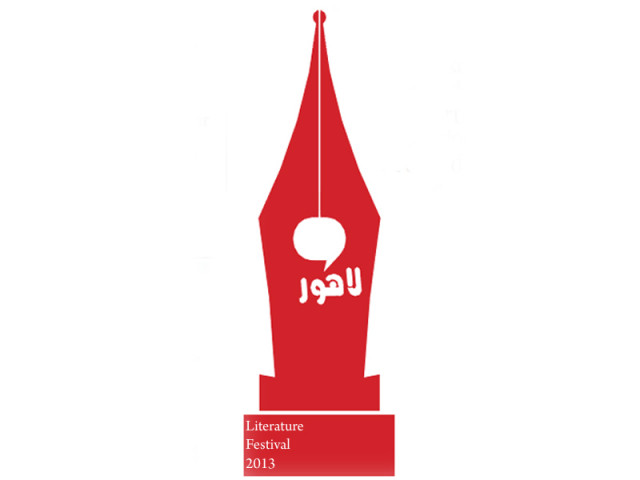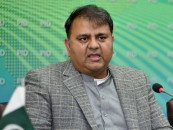‘A ‘barren period’ is a natural progression after decades of greatness’
Panellists discuss whether the future holds hope for Urdu, especially literature.

The “dismal state” of Urdu and literature being published in the language also came up during the session on narrative forms in Urdu.
What kind of hope is there for the future of Urdu literature?
If the number of audience members attending the Lahore Literary Festival (LLF) sessions on Future of Urdu Literature in the Punjab and Narrative Forms in Urdu Fiction and Poetry is any indication, then the answer is ‘dismal’. For the second day running, LLF sessions on Urdu literature drew only a handful of listeners. The discussions, however, were a bit more reassuring.
Intezar Hussain, during the former session, and novelists Khalid Toor and Ali Akbar Natiq, during the latter, asked their audience not to lose hope.
Hussain, responding to a question by historian Ali Usman Qasmi – the moderator of the session on Urdu literature’s future – about whether he thought Lahore, after remaining a centre of culture and literature for a long time was in zawal (decline), said that a “barren period” was a natural progression from decades of great writers and poets.

“Literature cannot flourish at a consistent rate,” opined Hussain, asking everyone to keep in mind the years of military rule when doors were closed on free expression. Even then, noted Hussain, there was always at least one poet, like Jalib and then Faraz, who continued to speak up.
The “dismal state” of Urdu and literature being published in the language also came up during the session on narrative forms in Urdu. When a participant asked the panel – Toor, Natiq and Musharraf Ali Farooqi – whether they thought the explanation behind Pakistanis’ obsession with English was that “mentally we are still slaves of the British,” Toor chided him. “Don’t reduce literature to [talk of] servitude and politics,” he said. “How and why is an English writer different or inferior to Urdu authors? Shakespeare or Dickens did not rule us. Pushkin had no axe to grind with Pakistanis.”
To Natiq, Urdu is “alive and kicking.” English is the language of the khawas (elite). Such trends never last,” said the novelist.
Farooqi added that a publishing house he had worked for, had conducted a survey of what should be translated into Urdu. The result was Shakespeare. Why? “Because even the MA English Literature students rely on Urdu translations of Shakespeare to understand him,” he said, “even the road to Shakespeare is through Urdu.”
What Hussain did lament was the absence of younger writers who can “rebel [against] and challenge” their masters. “I remember Anwar Sajjad rebelled against our lot. We rebelled against the masters that we learned from,” he reminisced. Another reason for the decline of Urdu literature, for Hussain, was the “pull that the media seems to have.” “The younger generation [of writers] wants immediate fame and money. But when you become a best seller, “aap ko lagta hai aap ka adab say rishta dheela parh gya,” he warned. [You discover that your ties with literature have slackened]
Asghar Nadeem Syed, who was on the same panel as Hussain, remarked that the future of literature also depended on the socio-political scenario. “The habitat that culture and literature need to develop has been ‘marginalised’ [sic],” he said.
While discussing Urdu and English literatures, Hussain noted with regret that all significant new work being done in English was in prose. “Where’s the poetry?” he asked.
Published in The Express Tribune, February 25th, 2013.



















COMMENTS
Comments are moderated and generally will be posted if they are on-topic and not abusive.
For more information, please see our Comments FAQ